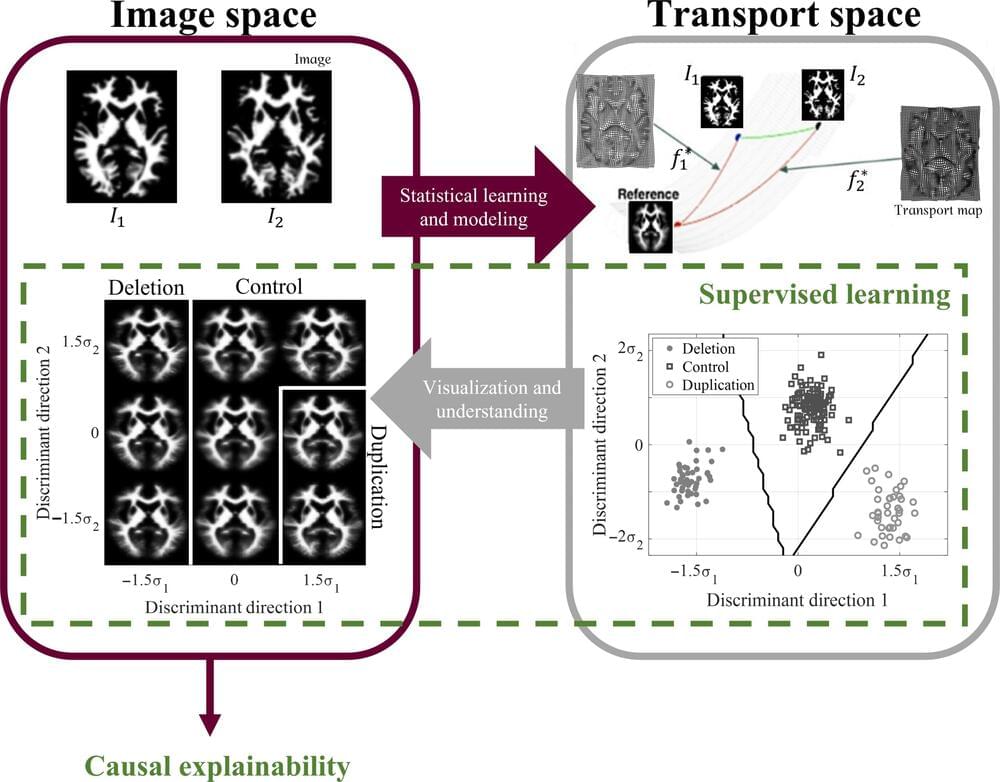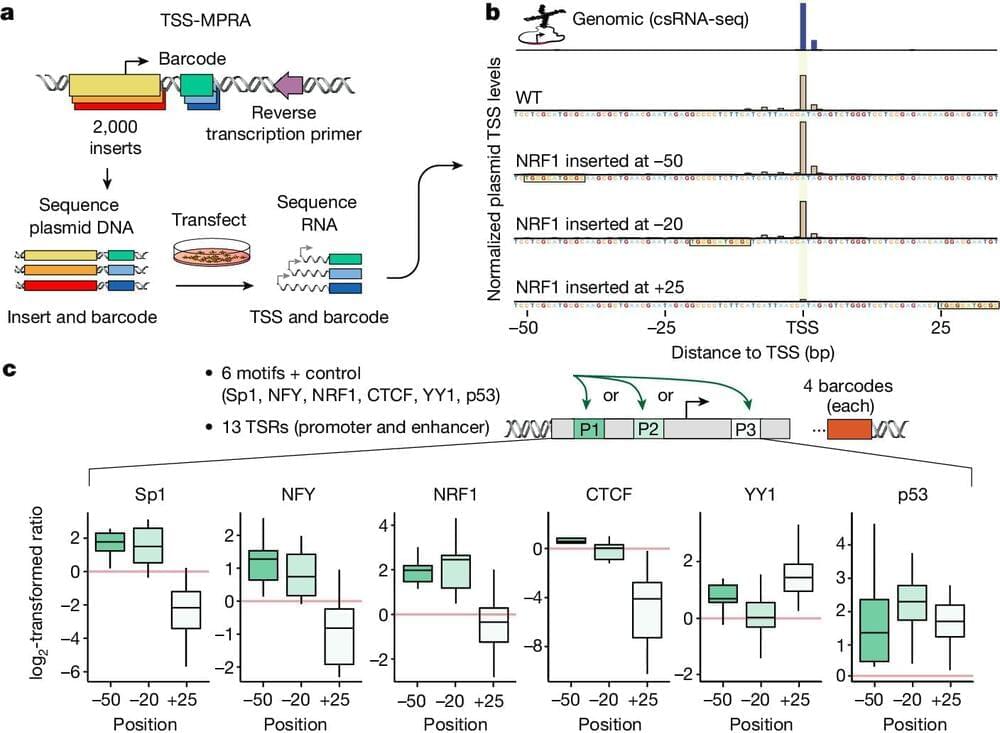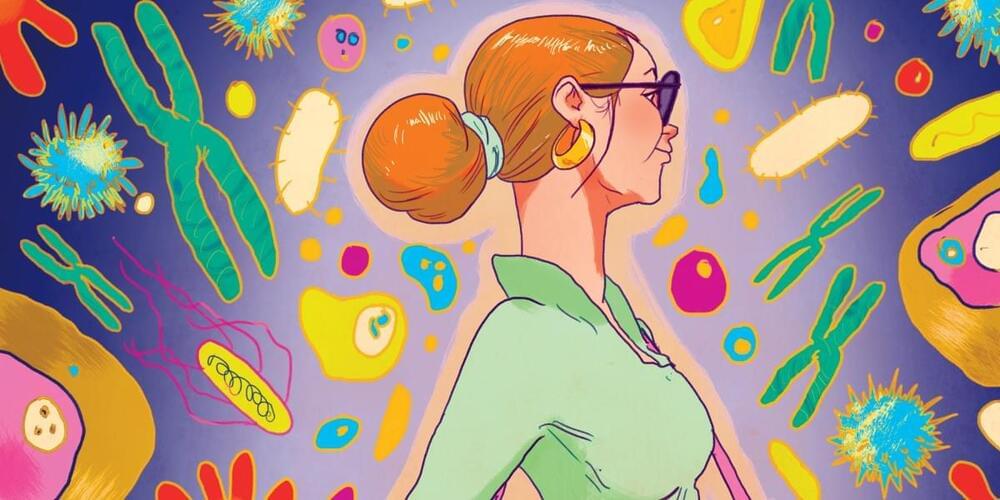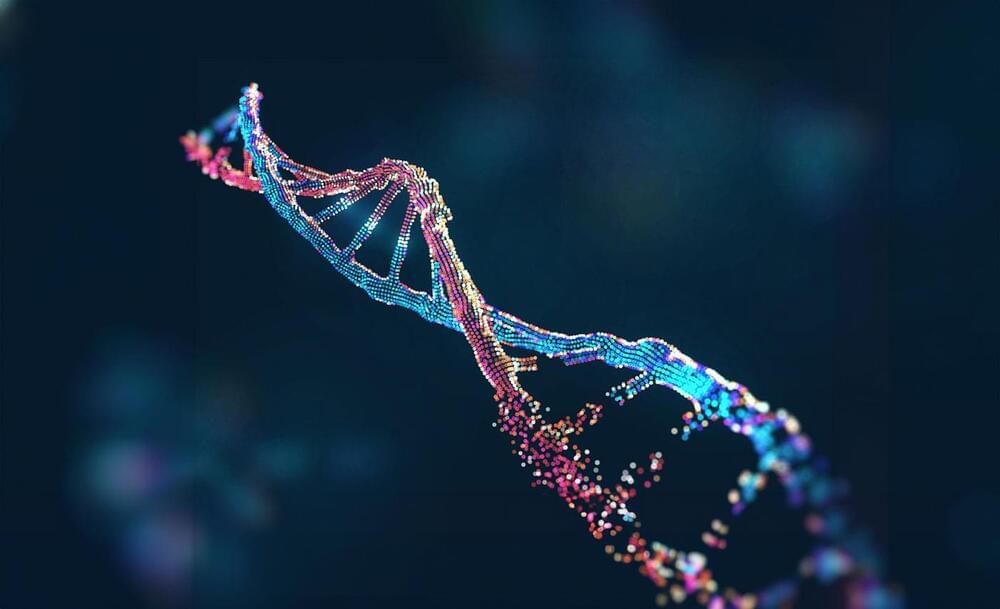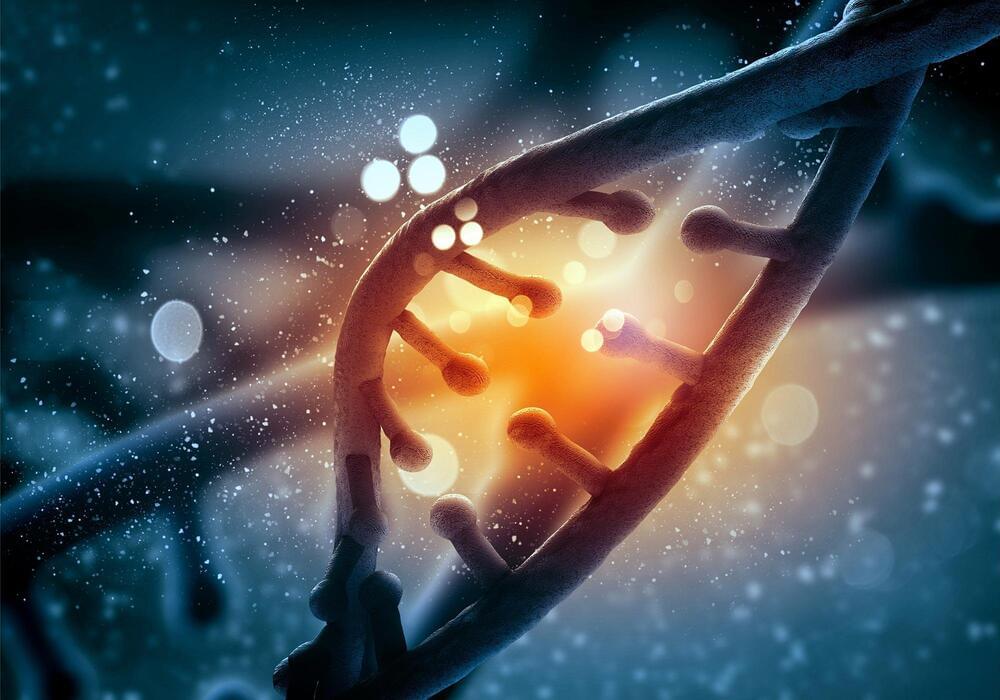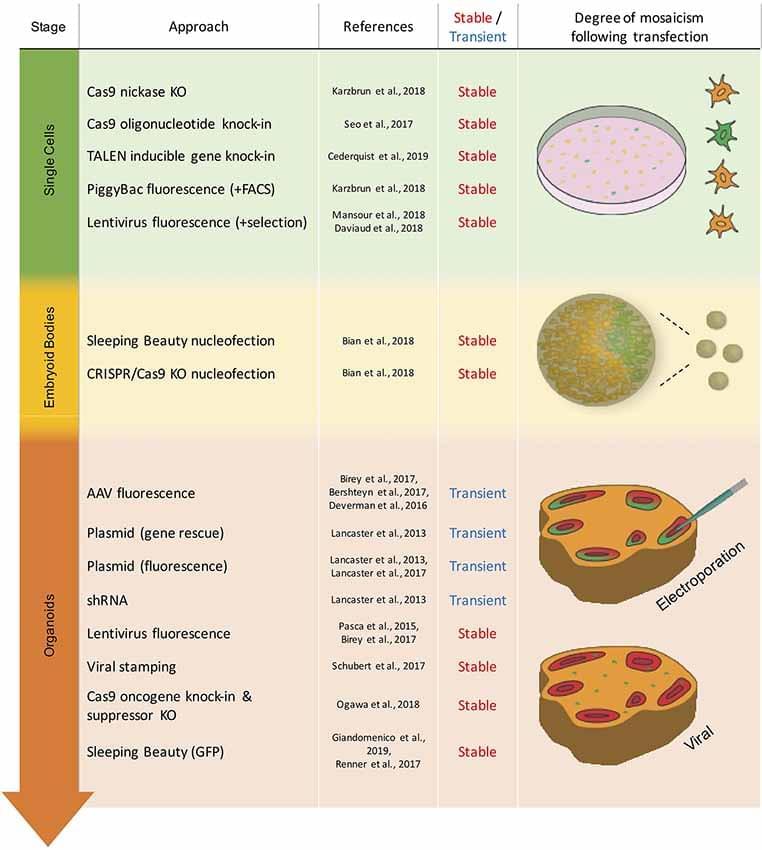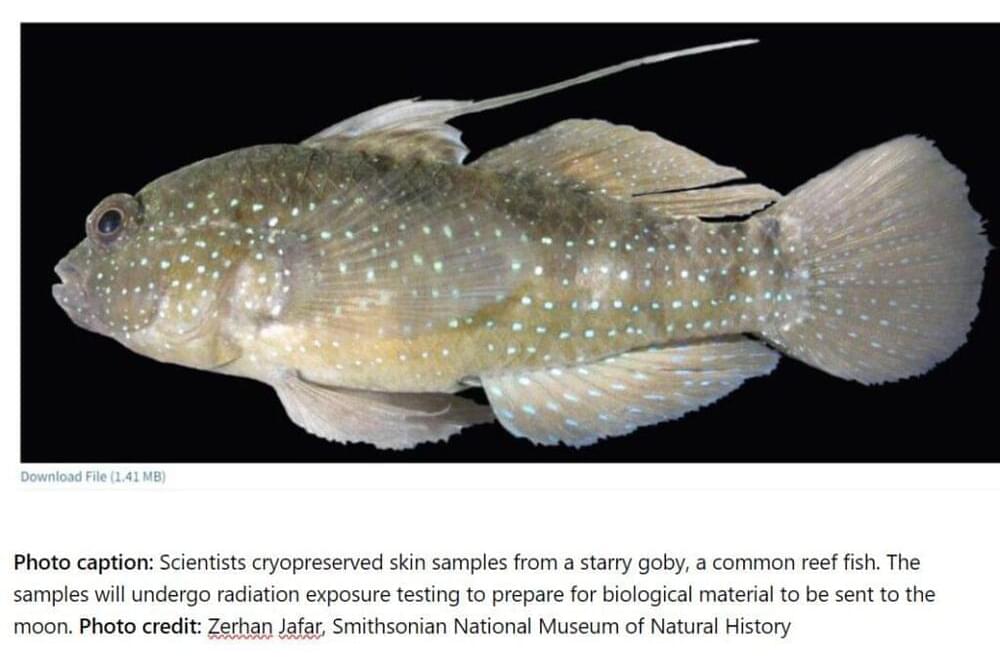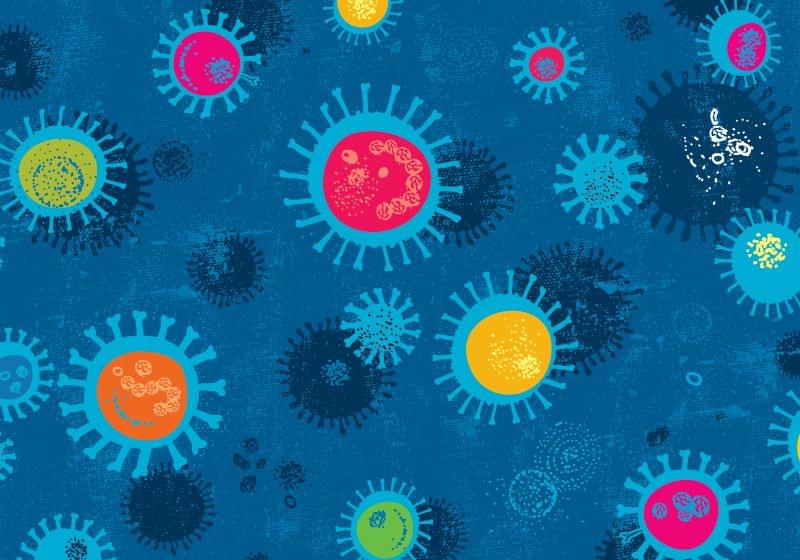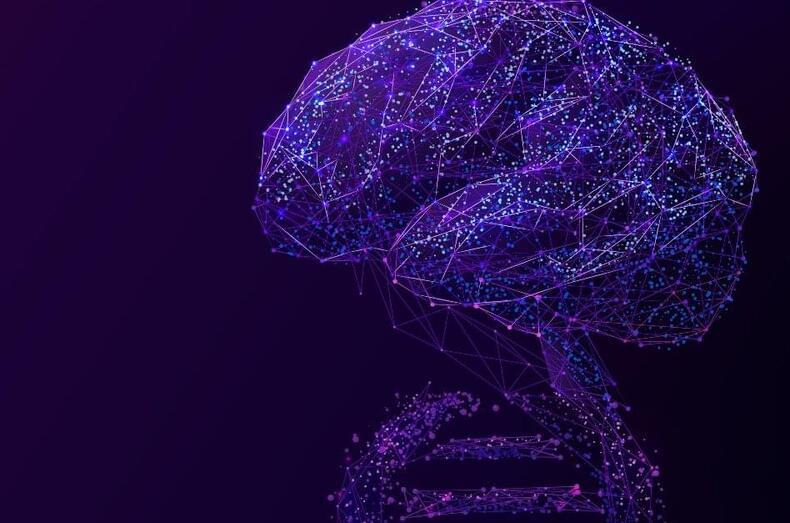Proposed lunar biorepository could store genetic samples without electricity or liquid nitrogen. New research led by scientists at the Smithsonian proposes a plan to safeguard Earth’s imperiled biodiversity by cryogenically preserving biological material on the moon. The moon’s permanently shadowed craters are cold enough for cryogenic preservation without the need for electricity or liquid nitrogen, according to the researchers.
The paper, published today in BioScience and written in collaboration with researchers from the Smithsonian’s National Zoo and Conservation Biology Institute (NZCBI), Smithsonian’s National Museum of Natural History, Smithsonian’s National Air and Space Museum and others, outlines a roadmap to create a lunar biorepository, including ideas for governance, the types of biological material to be stored and a plan for experiments to understand and address challenges such as radiation and microgravity. The study also demonstrates the successful cryopreservation of skin samples from a fish, which are now stored at the National Museum of Natural History.
“Initially, a lunar biorepository would target the most at-risk species on Earth today, but our ultimate goal would be to cryopreserve most species on Earth,” said Mary Hagedorn, a research cryobiologist at NZCBI and lead author of the paper. “We hope that by sharing our vision, our group can find additional partners to expand the conversation, discuss threats and opportunities and conduct the necessary research and testing to make this biorepository a reality.”
